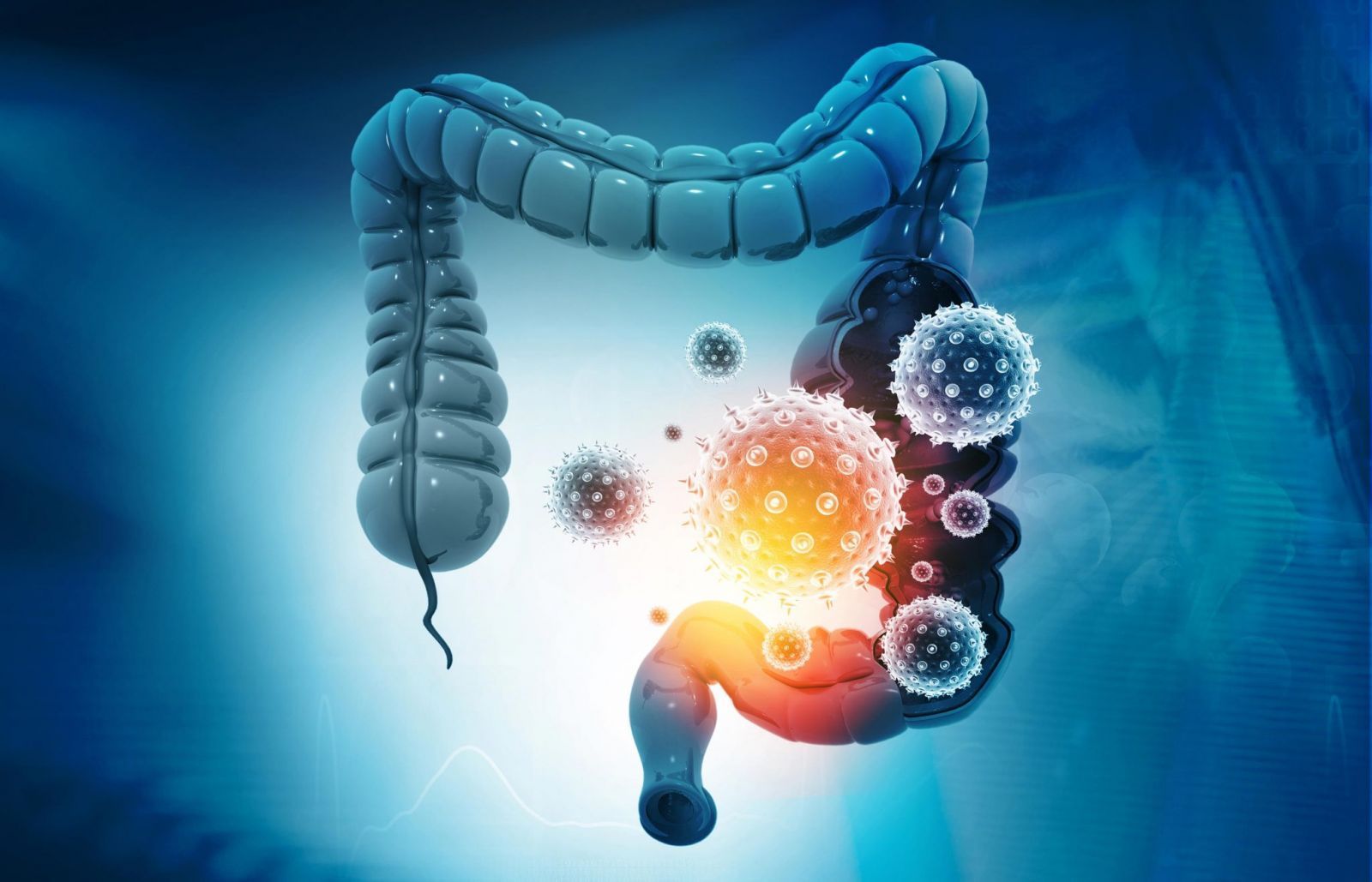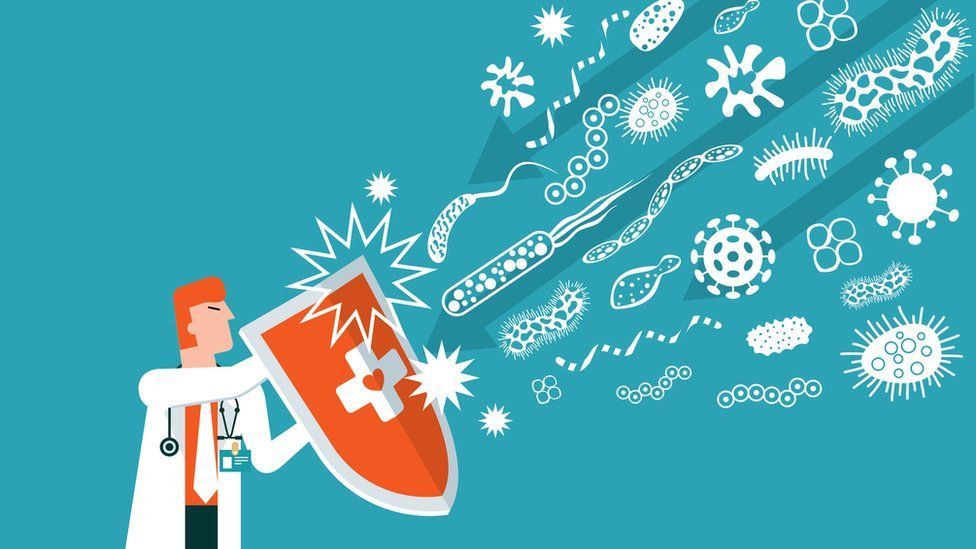Intestinal flora and the impact on worsening Covid-19 infection
The human organism is colonized by a large amount and variety of microbes (viruses, fungi, bacteria and protozoa), most of which are located in the gastrointestinal tract and to this set we call intestinal microbiota.
What is the importance of the intestinal microbiota?
The intestinal microbiota is involved in functions crucial to our homeostasis such as nutrient digestion and the development of the immune system. As we age, in combination with other factors such as malnutrition, hospitalization, lifestyle and certain drugs, the stability and diversity of the microbiota decrease swells with the person’s state of health. Thus, a change in the balance of the intestinal microbiota or dysbiosis can cause pathological situations.
Thus, the balance between pro and anti-inflammatory mechanisms is critical for immune homeotase and is directly affected by the intestinal microbial community.
Immunity and intestinal flora, what's the relationship?
For COVID-19 infection it is known that the development of immunity is a key factor in combating this pandemic.
In addition, the dysbiosis of the intestinal microbiota seems to play a fundamental role in the pathophysiology of COVID-19, particularly in the severity of its evolution, according to a Portuguese investigation with 115 individuals infected with COVID-19 with different stages of severity.
In this investigation, they observed that changes in the composition of the intestinal microbiota observed in patients with severe COVID-19 may eventually act as a trigger to promote inflammation and increased intestinal permeability to pro-inflammatory molecules.
Changes in the composition of the intestinal microbiota observed in patients with COVID-19!
Consequently, this may induce a state of systemic inflammation, as these patients had higher levels of CRP in the blood, a recently recognized prognostic factor for COVID-19 severity.
The results of this investigation were consistent with two studies conducted in Hong Kong. The similarity of the results, both of those collected in Portuguese and in the Chinese population, despite the geographical distance, led to the conclusion that the dysbiosis of the intestinal microbiota is a strong indicator of the severity of COVID-19 disease.
Thus, risk stratification based on the user’s microbiome should be considered for the control of susceptibility to SARS-CoV-2 infection in parallel with COVID-19 vaccination.
What are the prospects and treatment?
This study opens new possibilities for the development of therapeutic interventions aimed at correcting dysbiosis in users with COVID-19. This includes dietary modifications, administration of probiotics or prebiotics, and fecal microbiota transplantation from healthy donors. These interventions are expected to increase the diversity and abundance of coebium bacteria, thus helping to inhibit the growth of unwanted bacteria.
1.Konturek PC, Haziri D, Brzozowski T, Hess T, Heyman S, Kwiecien S, et al. Emerging role of fecal microbiota therapy in the treatment of gastrointestinal and extragastrointestinal diseases. Physiol Pharmacol J. 2015;66(4):483–91. 2. Baumler AJ, Sperandio V. Interactions between the microbiota and pathogenic bacteria in the gut. Nature, nature. 2016;535(7610):85-93 3. Power SE, Pwo Toole, Stanton C, Ross RP, Fitzgerald GF. Intestinal microbiota, diet and health. Br. J Nutr. 2014; 111(3):387–402. 4. Marchesi JR, Adams DH, Fava F, Hermes GDA, Hirschfield GM, Hold G, et al. The gut microbiota and host health: a new clinical frontier. Gut. 2015;0:1–10. 5th Quigley EMM. Gut Bacteria in Health and Disease. Hepatol gastroenterol. 2013;9(9):560–9. 6. Forbes JD, Domselaar G Van, Bernstein CN. The Gut Microbiota in Immune-Mediated Inflammatory Diseases. Front Microbiol. 2016;7:1081 7. Iqbal S, Quigley EMM. Progress in our understanding of the gut microbiome: Implications for the Clinician. Curr Gastroenterol Rep. 2016;18(9):49 8. Sender R, Fuchs S, Milo R. Revised estimates for the number of human and bacteria cells in the body. Biol PLoS. 2016;14(8):e1002533. 9. Moreira-Rosário A, Marques C, Pinheiro H, Araújo JR, Ribeiro P, Rocha R, Mota I, Pestana D, Ribeiro R, Pereira A, de Sousa MJ. Gut microbiota diversity and C-Reactive Protein are predictors of disease severity in COVID-19 patients. bioRxiv. 2021 Jan 1.





